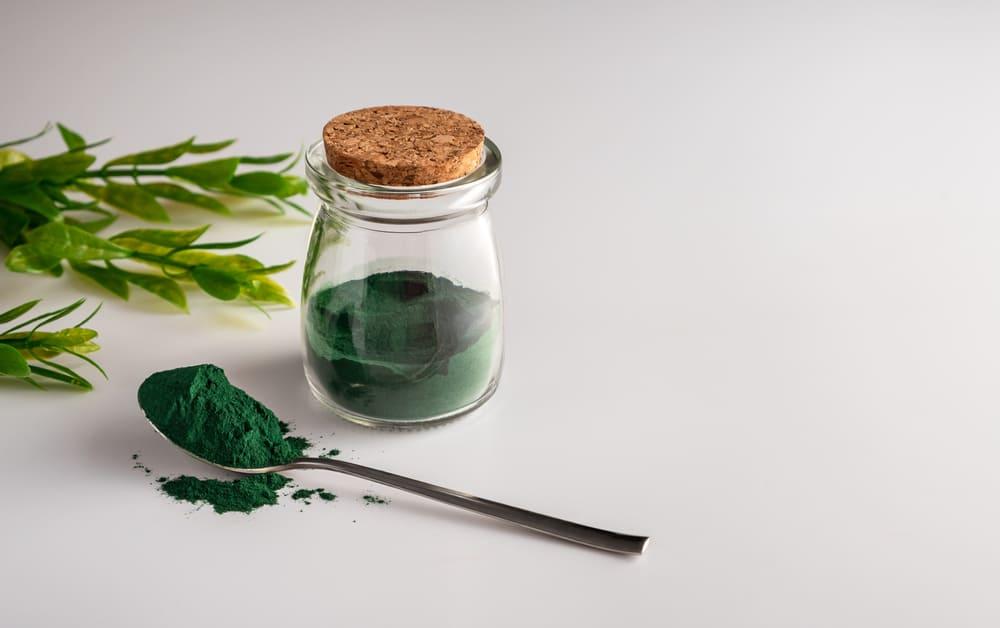When we think of superfoods, spirulina, chlorella, and seaweed might not be the first things that come to mind—but they should be! Algae, the nutrient-dense aquatic plants found in oceans and freshwater, are packed with vitamins, minerals, and antioxidants that offer powerful health benefits.
From boosting immunity to detoxifying the body, here’s why you should consider adding algae to your diet.
What Are Algae?
Algae are simple, photosynthetic organisms that range from microscopic varieties (like spirulina and chlorella) to larger seaweeds (such as kelp and nori). They’ve been consumed for centuries in Asian cultures and are now gaining global popularity for their nutritional density and sustainability.
Top Health Benefits of Algae
1. Rich in Essential Nutrients
Algae are one of the most nutrient-dense foods on the planet, offering:
✔ High-quality protein (especially spirulina, which is 60-70% protein).
✔ Vitamins (B12, C, E, K).
✔ Minerals (iron, magnesium, calcium, iodine).
✔ Omega-3 fatty acids (great for vegans who don’t eat fish).
2. Powerful Antioxidant & Anti-Inflammatory Effects
Algae contain phycocyanin (in spirulina) and chlorophyll (in chlorella), which:
✔ Fight oxidative stress.
✔ Reduce inflammation.
✔ May lower the risk of chronic diseases.
3. Supports Detoxification
Chlorella is known for its heavy metal detoxifying properties—it binds to toxins like mercury and lead, helping the body eliminate them.
4. Boosts Immunity
The polysaccharides in algae (like beta-glucans) enhance immune function by:
✔ Increasing white blood cell activity.
✔ Helping the body fight infections.
5. Improves Gut Health
Algae are rich in prebiotic fiber, which:
✔ Feeds beneficial gut bacteria.
✔ Supports digestion and reduces bloating.
6. May Aid Weight Loss
Low in calories but high in protein and fiber, algae help:
✔ Keep you full longer.
✔ Regulate blood sugar levels.
7. Supports Thyroid Function
Seaweed (like kelp) is a natural source of iodine, essential for:
✔ Proper thyroid hormone production.
✔ Preventing hypothyroidism.
Types of Algae & How to Use Them
| Type | Key Benefits | How to Consume |
|---|---|---|
| Spirulina | High protein, immune-boosting | Smoothies, powders, tablets |
| Chlorella | Detoxifying, rich in chlorophyll | Capsules, powders, juices |
| Kelp | Iodine-rich, supports thyroid | Seaweed snacks, soups, salads |
| Nori | Vegan B12 source, heart-healthy | Sushi, roasted seaweed snacks |
Potential Side Effects & Who Should Be Cautious
While algae are generally safe, some people should consume them in moderation:
⚠ Those with thyroid issues (excess iodine can disrupt thyroid function).
⚠ People on blood thinners (algae contain vitamin K, which affects clotting).
⚠ Pregnant/nursing women (consult a doctor before taking supplements).
Always choose high-quality, contaminant-free algae from trusted sources.

From detoxification to immune support, algae are a versatile, sustainable, and nutrient-packed addition to any diet. Whether you take them in powder, pill, or snack form, these oceanic superfoods can help you achieve better health naturally.
Have you tried spirulina or chlorella? What’s your favorite way to eat algae?
Share below! 🌊💬

